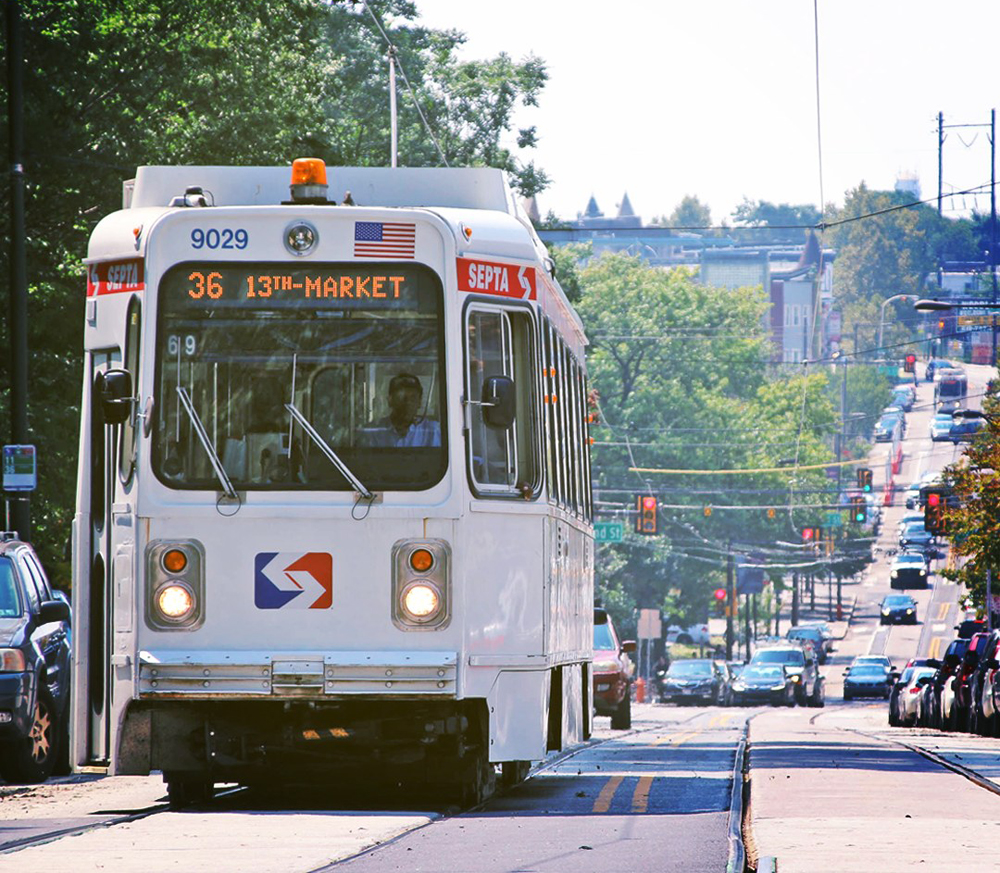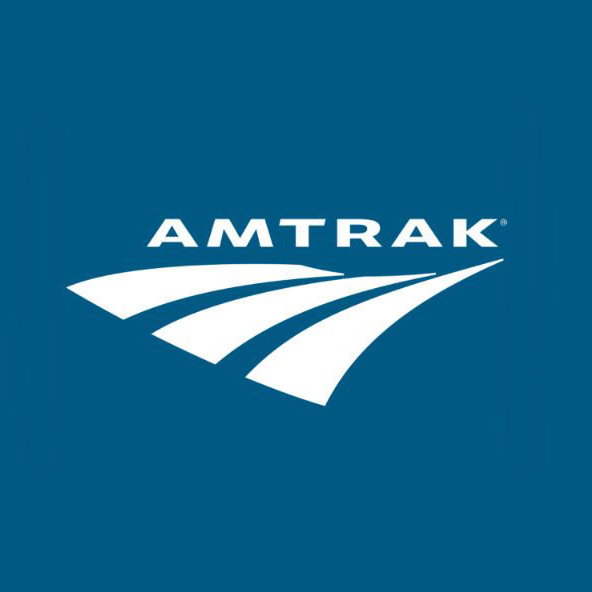
PHILADELPHIA — A Philadelphia judge has ordered the Southeastern Pennsylvania Transportation Authority to restore the service it cut beginning Aug. 24, but will allow a fare increase to move forward.
The order on Thursday (Sept. 4, 2025) from Judge Sierra Thomas-Street of the Court of Common Pleas calls for SEPTA to “immediately cease and desist” all existing route cuts, service reductions, layoffs and furloughs, as well as blocking the cuts that had been placed on hold following an Aug. 29 hearing [see “Temporary injunction blocks …,” Trains.com, Aug. 29, 2025]. The ruling will remain in effect “until further order” of the court.
The agency’s actions in August included reduced frequencies on Metro rail service, an end to special services such as Sports Express trains, and elimination of 32 bus lines, but the earlier injunction prevented cuts to Regional Rail service while also blocking a 21.5% fare increase that had been planned for Sept. 1.
The action follows the second hearing on a lawsuit filed by three SEPTA riders that claims the transit agency is “making up” the funding crisis in an effort to gain increased state funding, arguing that the agency can use an existing stabilization fund to address its $213 million deficit.
“We couldn’t have asked for anything more,” attorney George Bochetto, who filed the lawsuit, told WCAU-TV.
A SEPTA spokesman told WPVI-TV that the agency plans to comply with the order, but that even an “immediate” restoration will take time, and that its legal team is considering its options.
“We did make very clear that there are certain baseline things we need to do to make sure we’re doing this safely,” spokesman Andrew Busch said Thursday. “That’s safety for our workforce and safety for our riders, so immediately was never going to be tomorrow morning.” Also still to be determined is when the fare increase — which will increase base fares from $2.50 to $2.90 — will take effect.













Too bad the judge’s decision did not REQUIRE the legislators to provide the money for these operations. Or does the Judge plan to provide the necessary funds?
I was wondering the same, Charles. Reading the lawsuit and the judge’s decision would provide some insight into the governing law, if any, whether specious or solid.
The article does not state on what authority the judge made his ruling. The plaintiffs claimed that SEPTA fabricated it financial problem. Even if true (which I doubt), so what? Where is it written that a judge can determine what buses and what trains run where and when.
We live in a tyranny of dictators wearing judicial robes. It doesn’t matter who is elected to the Pennsylvania legislature and who is appointed to run SEPTA. Doesn’t even matter what the law says. What matters is what a judge wants to happen.
SEPTA should tell the judge that if the ruling is not reversed, SEPTA would declare BK.
The article does not need to cite the judges authority. That authority is found in Pennsylvania’s constitution and its laws, which are imperfect, but are neither tyrannical nor dictatorial.
I agree with you Dan. Charles is just regurgitating what his orange dictator has been spewing out over the past months.
CHRIS — You really need to be banned from these pages. Your posts are inappropriate. Actually I think, and write, my own opinions.
To the best of my knowledge Mr. Trump hasn’t spoken on the issue, so how could I be parroting him. BTW when I took the exact same position on an equivalent issue in 1983 in Michigan, I’d not yet heard of Donald Trump.
Oh and BTW Chris, you can’t agree with Dan Findlay unless you have read the Pennsylvania laws and Pennsylvania constitution. Have you? If the answer is “no” then you’re the one who is regurgitating garbage.
Be careful what you ask for Charlie’s. Several on this site, including you have condemned anyone who didn’t agree with your far right ideology. So if ya can’t take you should ever have dished it out. And by the way I have in fact researched what authority the Court of Common Pleas Judges have in Pennsylvania. You may need do a little research yourself before you post. The judge’s ruling is in response to three lawsuits from SEPTA riders. When has it ever been unusual or the act of a tyrannical judge for a temporary injunction to be ordered. It happens all the time. tRump has made it fashionable to call judges dictators when they attempt to uphold the rule of law or make decisions that he or his cronies don’t agree with.
Chris – Anyone who even thinks in terms of “your far right ideology” is opening such a can of worms when they post that way that you can’t have that on a train Blog.
I come here to get away from that. Post that on an honest political group/forum/blog and we can talk. Here? not so much.